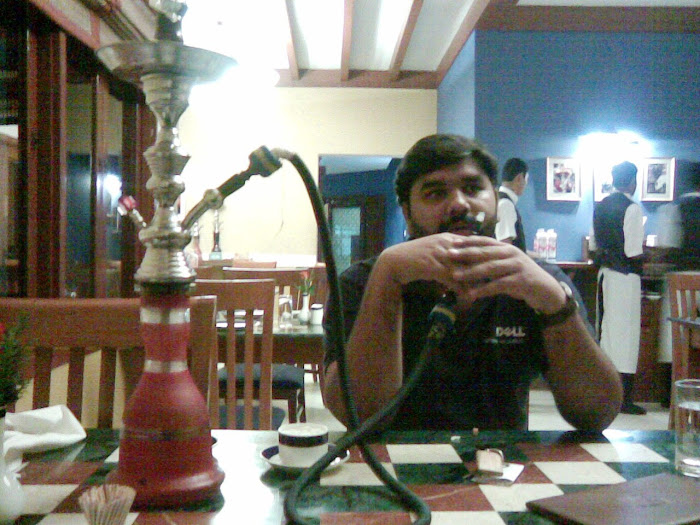
To be or not to be, that is the question;
Whether 'tis nobler in the mind to suffer
The slings and arrows of outrageous fortune,
Or to take arms against a sea of troubles,
And by opposing, end them. To die, to sleep;
No more; and by a sleep to say we end
The heart-ache and the thousand natural shocks
That flesh is heir to — 'tis a consummation
Devoutly to be wish'd. To die, to sleep;
To sleep, perchance to dream. Ay, there's the rub,
For in that sleep of death what dreams may come,
When we have shuffled off this mortal coil,
Must give us pause. There's the respect
That makes calamity of so long life,
For who would bear the whips and scorns of time,
Th'oppressor's wrong, the proud man's contumely,
The pangs of despised love, the law's delay,
The insolence of office, and the spurns
That patient merit of th'unworthy takes,
When he himself might his quietus make
With a bare bodkin? who would fardels bear,
To grunt and sweat under a weary life,
But that the dread of something after death,
The undiscovered country from whose bourn
No traveller returns, puzzles the will,
And makes us rather bear those ills we have
Than fly to others that we know not of?
Thus conscience does make cowards of us all,
And thus the native hue of resolution
Is sicklied o'er with the pale cast of thought,
And enterprises of great pitch and moment
With this regard their currents turn awry,
And lose the name of action.

I like it the way the Bard puts it across about suffering and pain.
Anger is an emotion. It is a psychophysiological response to pain, perceived suffering or distress, or threat thereof, which has been uncalled for or unjustly brought upon oneself or others, at least from a subjective viewpoint. A threat may be real, discussed, or imagined.
Anger is often a response to the perception of threat due to a physical conflict, injustice, negligence, humiliation, or betrayal. Anger may be expressed actively or passively. In the case of "active" emotion, the angry person "lashes out" verbally or physically at a target. When anger is a "passive" emotion, it is often characterized by silent sulking, passive-aggressive behavior, hostility, and tension. Anger can also be caused as irritation escalates during exposure to an annoyance.
Humans often experience anger empathetically. For example, after reading about others being treated injustly, one may experience anger, even though she/he is not the victim.
Anger is usually magnified and lasts longer when a cognitive decision is made about the intent of the individual inflicting the pain. In other words, if one decides the pain infliction was intentional or deliberate, the emotion is usually more intense.
Anger causes the suffering of the worst kind. Anger is good but it is the form we choose to express it that causes much damage and pain. It is not wrong to be angry, it is foolish neverthless to express it.















